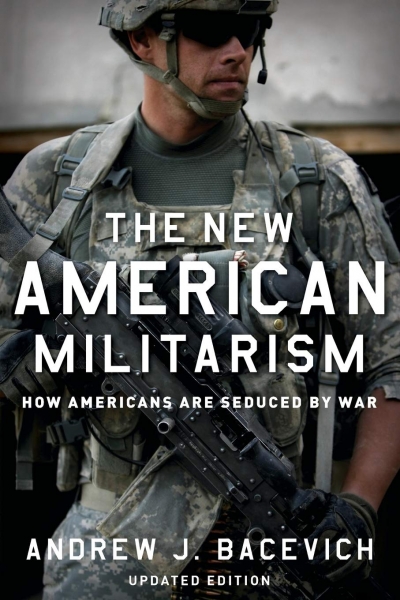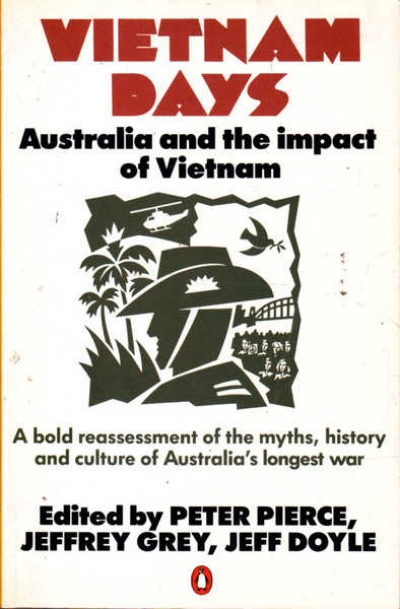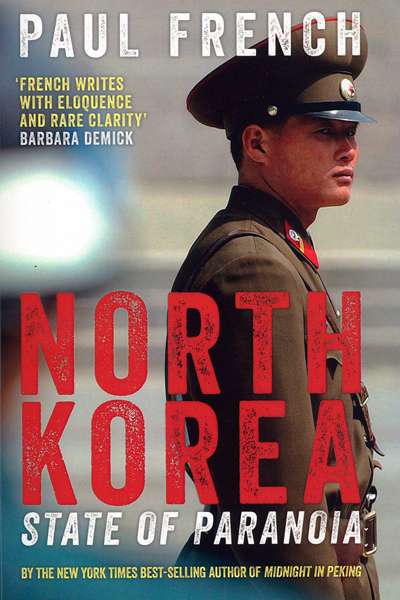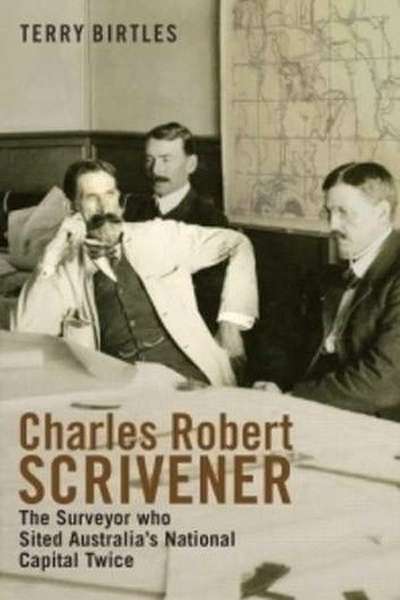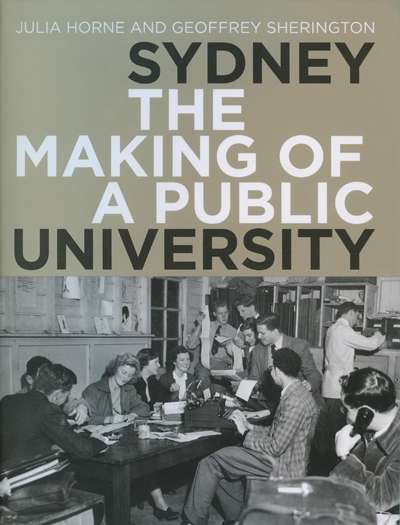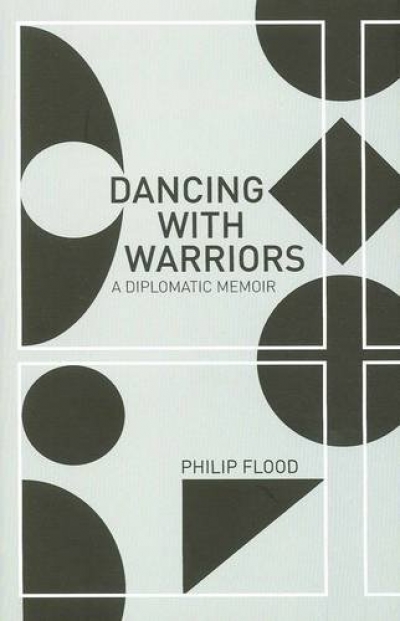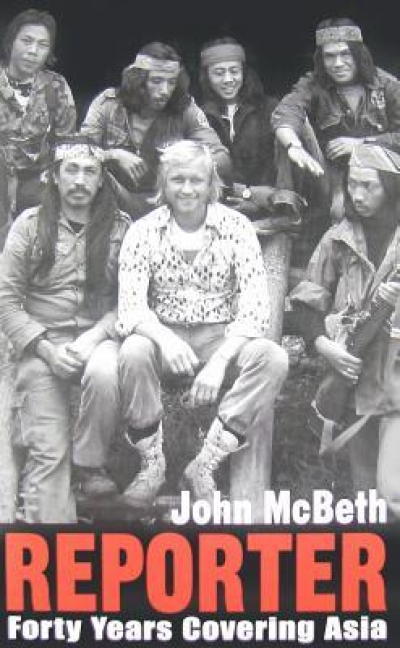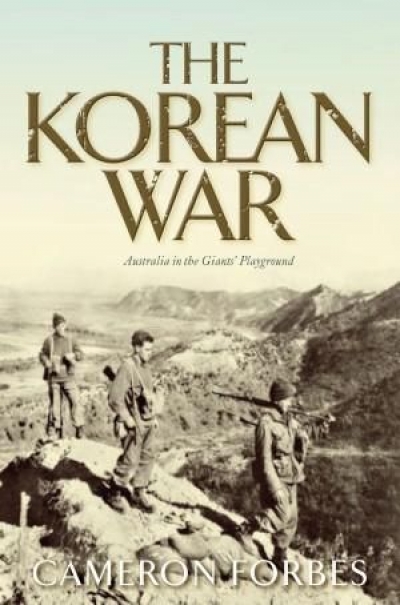Richard Broinowski
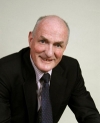
Richard Broinowski is an Adjunct Professor in Media and Communications at the University of Sydney. He was an Australian diplomat in Asia, the Middle East, and Central America.
In their introduction to this collection of essays, the editors state that Australia’s war experiences in Vietnam left some lasting legacies, but ones that were either unexpected or unintended: a loss of moral authority on the part of Australian conservative governments, a breakdown in the defence and foreign policy consensus about the ‘threat’ to Australia, the revival of populist politics ... (read more)
North Korea always gets media attention for negative reasons: a border skirmish with its southern neighbour; a missile trial launch or nuclear test; vitriolic propaganda attacks on South Korea, Japan, or the United States; or the appalling findings of some human rights group like Michael Kirby’s recent UN Commission of Inquiry on North Korea’s human rights abuses. The picture that emerges is o ... (read more)
In the 1890s the six Australian colonies were preoccupied not only with getting a fair deal over tariffs and customs – and maintaining the purity of the Anglo-Saxon race – but also with the location of the national capital. Denizens of Melbourne and Sydney felt that it should be one of them. The compromise was a capital in New South Wales, closer to Sydney than Melbourne, but with Melbourne as ... (read more)
When I became an adjunct professor at the University of Sydney in 2004, I knew nothing of its history, and little of the ideological battles that had taken place there. These two books provide a rich narrative of both, and made me appreciate the privilege I have, even as a marginal player, in belonging to such a significant institution.
... (read more)
A current view among foreign policy academics is that the pursuit of Australia’s foreign interests is too important to be left to the diplomats. Here is a timely antidote from Philip Flood, an Australian diplomat who distinguished himself as a maker and shaper of foreign policy, particularly in South-East Asia.
... (read more)
From childhood on a dairy farm in the flats beneath Mount Egmont, in New Zealand, John McBeth rose to become a senior foreign correspondent with the Far Eastern Economic Review, one of Asia’s most influential English-language news magazines. Like other old-school journalists, he asserts at the beginning of his highly entertaining memoir that no one can be ‘taught’ journalism; you are either ... (read more)
To go on thinking of the Korean War as a ‘forgotten’ war in a ‘hermit’ country, as we too often do, ignores the many authoritative accounts of it. Cameron Forbes’s new book is the latest.
Forbes provides an emotional narrative of the war. A large part concerns the economic and social background, antecedents, character, and personalities of Australian soldiers and airmen who participated ... (read more)

